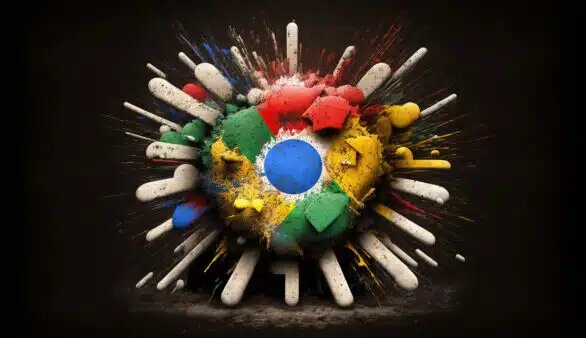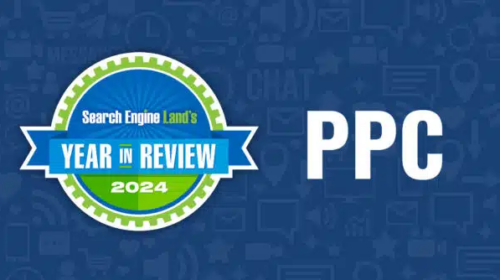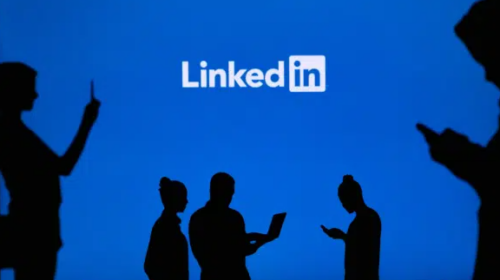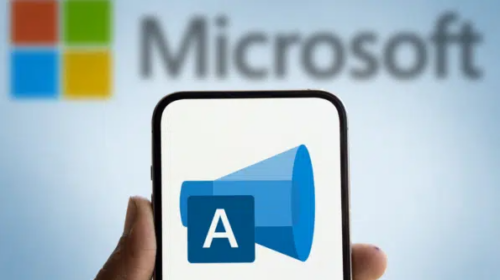Google planning new search engine while working on new search features under Project Magi
Project Magi will help searchers complete transactions while incorporating search ads on the page.
New Google search engine
Google has put a team of designers, engineers and executives in charge of building out this new search engine that “could put new A.I. technology in phones and homes all over the world,” according to the report.
The new Google search engine are still in its early stages, with no timeline for when it will be released. But it this new effort does “demonstrate Google’s ambitions to reimagine the search experience.”
The new search engine would “learn what users want to know based on what they’re searching.” In addition, it would “offer lists of preselected options for objects to buy, information to research and other information.” At the same time, being more conversational, like talking to a person. Earlier reports has Google talking about big changes coming to Google Search.
In 2009, Google tried to heavily personalize search results where it actually said all search results were being personalized for all users. But a decade later, Google admitted personalization offered little benefit to searchers. Personalization in search was very limited and pulled back in a big way, outside of immediate previous query and some localization based on the user’s location. That may have been a privacy play but here we are in a world where now Google seems like it can potentially lose market share to Microsoft Bing and other players.
Project Magi
While Google is working on an all-new search engine, a team of more than 160 Googlers are working full-time on adding new features to the existing Google Search. This project is being code-named Magi, according to these reports and may be released as early as next month to a subset of users.
Magi would allow searchers to complete transactions, such as buying shoes or booking flights, according to the report. This would allow searchers to complete financial transactions, all while still incorporating the existing search ads that Google Search makes a huge profit on today.
These changes can allow searchers to answer questions about “software coding and write code based on a user’s request.” “Google may place an ad under the computer code answers, according to a document,” the report added.
Other Google projects
Google is also working on other efforts, including:
- Google Earth’s mapping technology with help from A.I. and search for music through a conversation with a chatbot.
- GIFI would use A.I. to generate images in Google Image results.
- Tivoli Tutor, would teach users a new language through open-ended A.I. text conversations.
- Searchalong, would let users ask a chatbot questions while surfing the web through Google’s Chrome browser.
Lara Levin, a Google spokeswoman, said told the New York Times that “not every brainstorm deck or product idea leads to a launch, but as we’ve said before, we’re excited about bringing new A.I.-powered features to search, and will share more details soon.”
Lara Levin from Google reached out to us with the following statement as well, “We’ve been bringing AI to Google Search for years to not only dramatically improve the quality of our results, but also introduce entirely new ways to search, such as Lens and multisearch. We’ve done so in a responsible and helpful way that maintains the high bar we set for delivering quality information. Not every brainstorm deck or product idea leads to a launch, but as we’ve said before, we’re excited about bringing new AI-powered features to Search, and will share more details soon.”
Why we care
Watching how fast Google changes and reacts to OpenAI and Microsoft has been interesting. Search is changing incredibly fast and over the next several months will be fascinating to see how search ads, SEO and other forms of marketing change with it.





